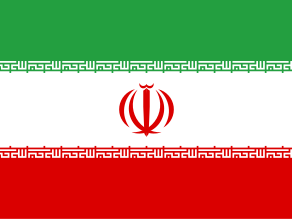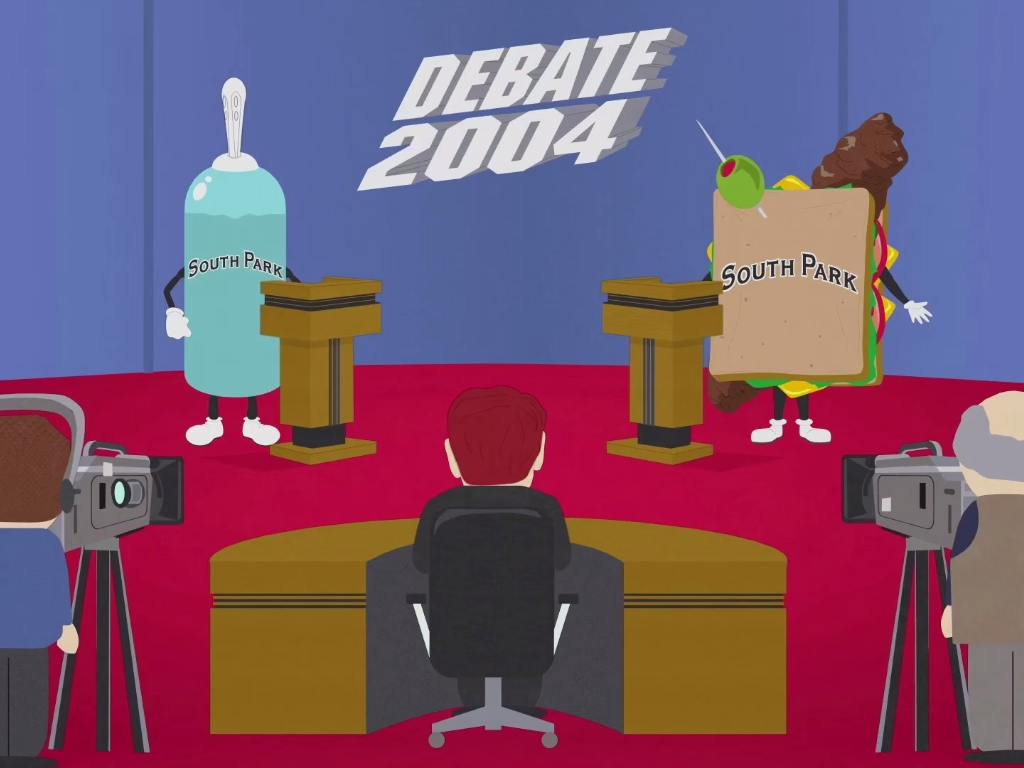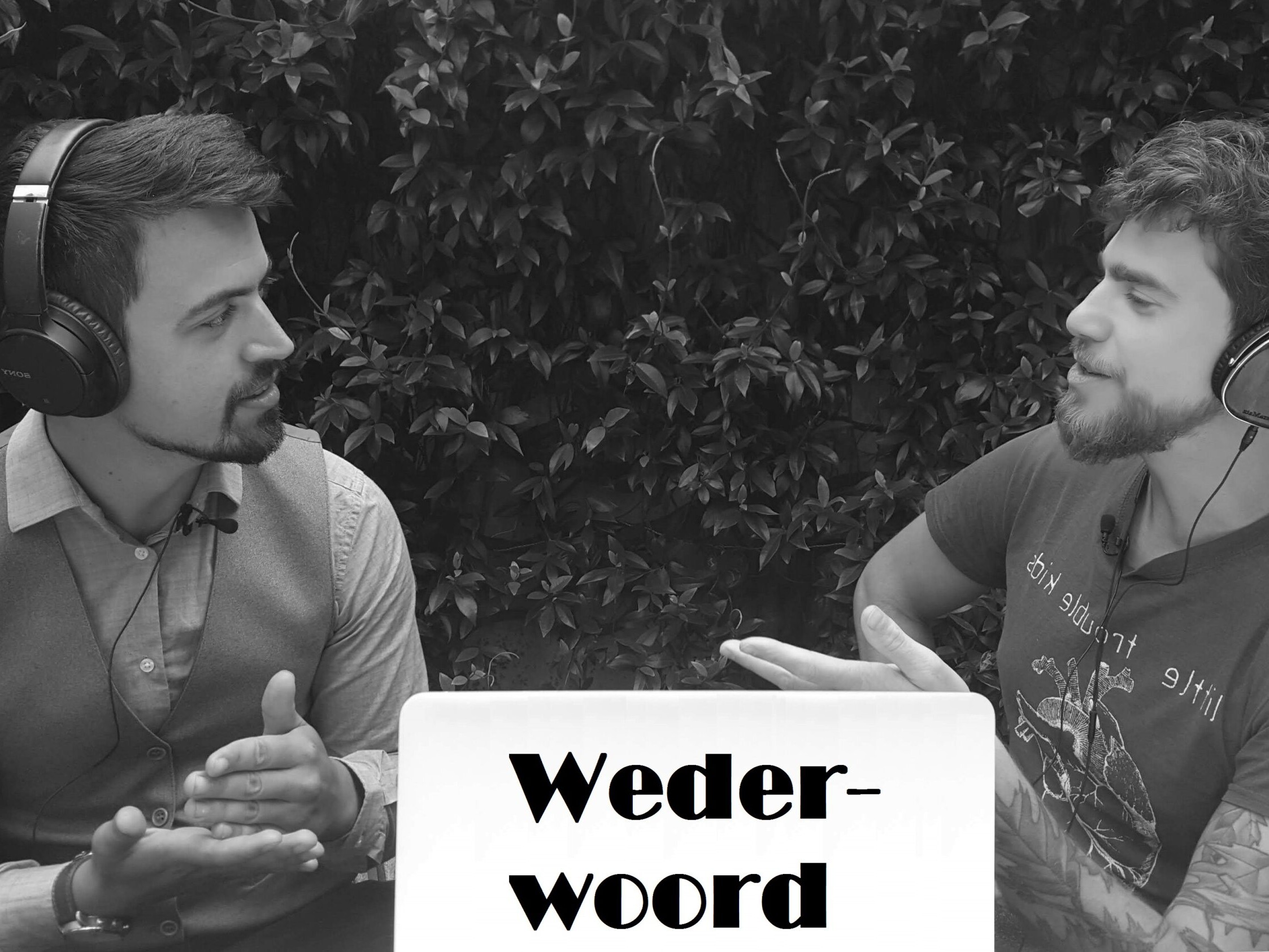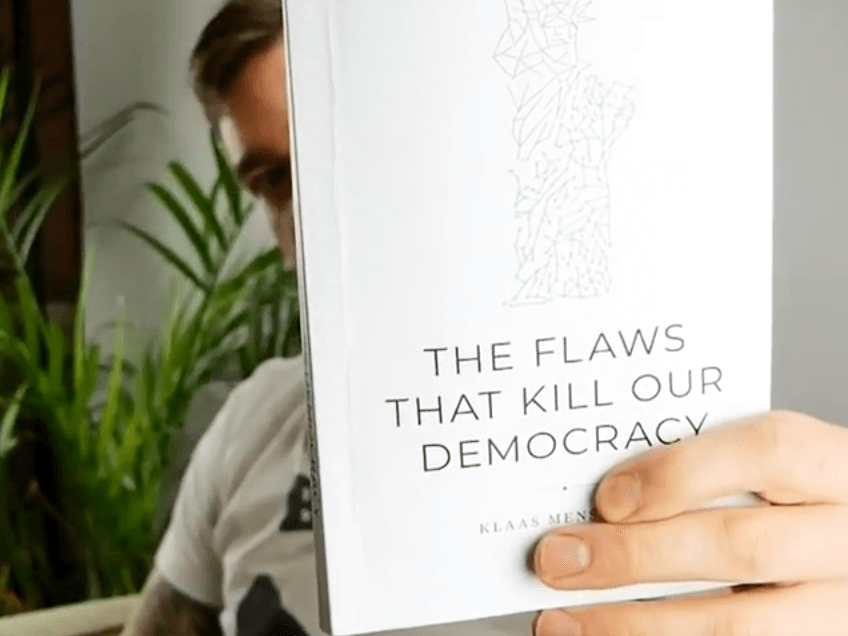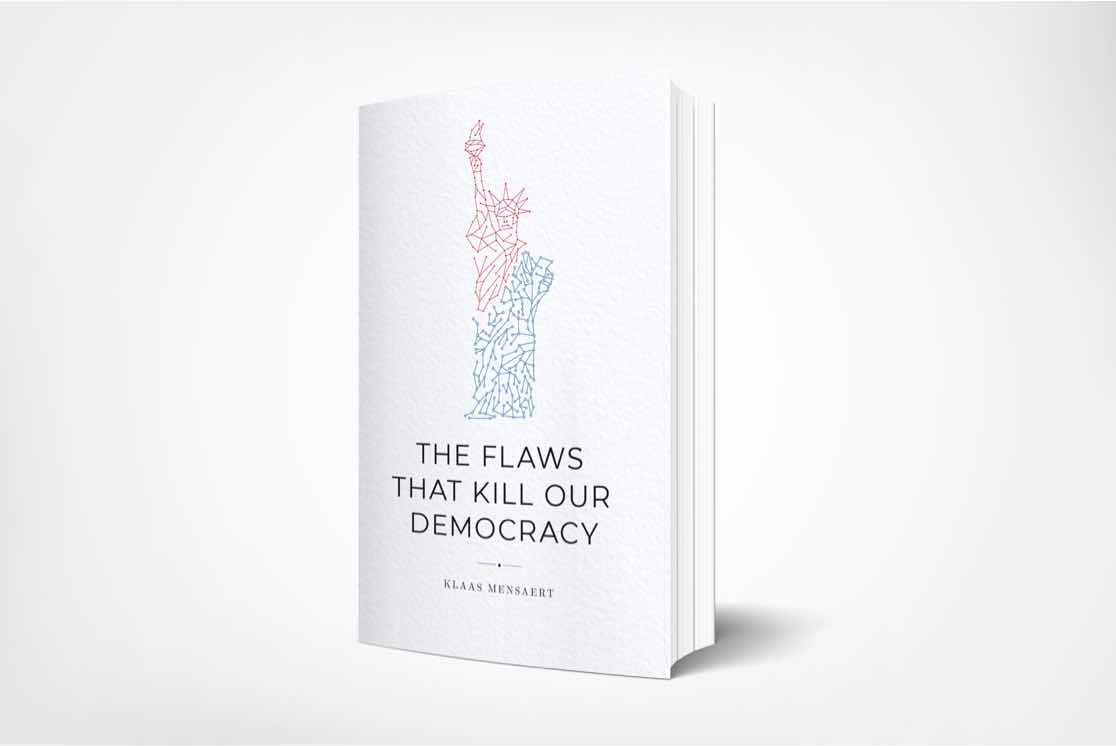
The flaws that kill our democracy.
Democracy is under pressure.
Today’s western democratic societies face problems such as increased polarization, climate change, and migration crises. But democracies have been facing challenges from their very existence. Democracy should enable us to peacefully resolve social problems by political means. Unfortunately, it has failed to do so—before the American Civil War, during the Weimar Republic, in many post-colonial African countries, and more recently in the Arab Spring. If this system is broken, what are the flaws that prevent it from working well?
“The Flaws That Kill Our Democracy”, analyzes the fundamentals of our system of representative democracy in order to detect its defects. Klaas Mensaert examines and proposes solutions to these problems that are both simple and that may have the largest impact. He addresses important questions such as:
- Can we scale democracy?
- How can we decentralize democracy?
- Should political parties be ideological?
- How and by whom should you be represented?
- Should elections resemble popularity contests?
- What is the link between economics and politics?
An enlightening analysis of Western political ills, “The Flaws That Kill Our Democracy” provides not only insights into our fundamental political problems—it also offers concrete and scientific solutions.
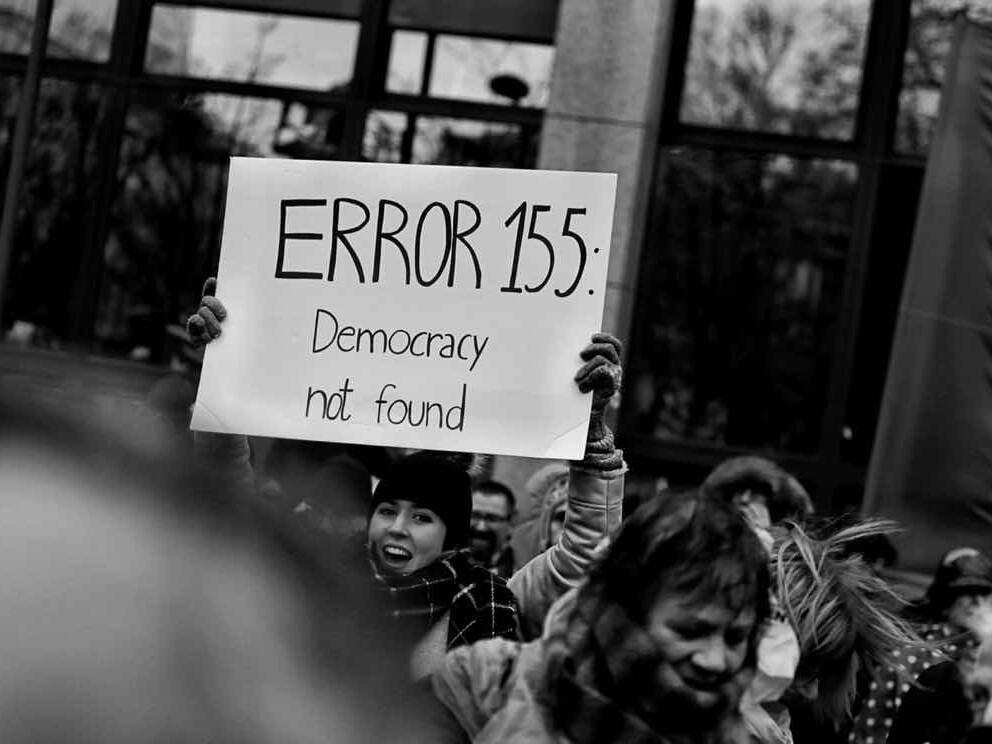

Klaas Mensaert
As a bioinformatician, Mensaert has been inspired by decentralized, bottom-up processes that can be observed both in nature and in the best of human endeavors—ideas such as the free market and the scientific process. As a former member of the Belgian Pirate Party, he has observed both the capabilities and weaknesses of political parties.
Blog
The Flaw In Banning Billionaires
31 December 2025
Lessons on democracy from Iran
15 December 2024
Meer Democratie Webinar
28 October 2020
Commentaren op Zjef’s Podcast met Simon Ghiotto
5 September 2020
exclusive parties
4 April 2020
Reply on Zjef’s Review
28 March 2020
The Lobbyist Problem
24 January 2020
Testimonials
“Great read and one of the most convincing models for a far better democratic system.”
Peter Monien
“Next to interesting reading, I think it therefore makes great study material for coursework in political theory.”
Leon Vlieger
“This book has the potential to shake the foundations of our democracy, and start a wave that will actually improve it.”
Zjef Van Acker
“I usually sell books unworthy of my bookcase, and this one is getting a spot.”
Angelino Desmet
“It is a thin booklet yet rich in ideas. I immensely enjoyed the scientific approach to democracy.”
